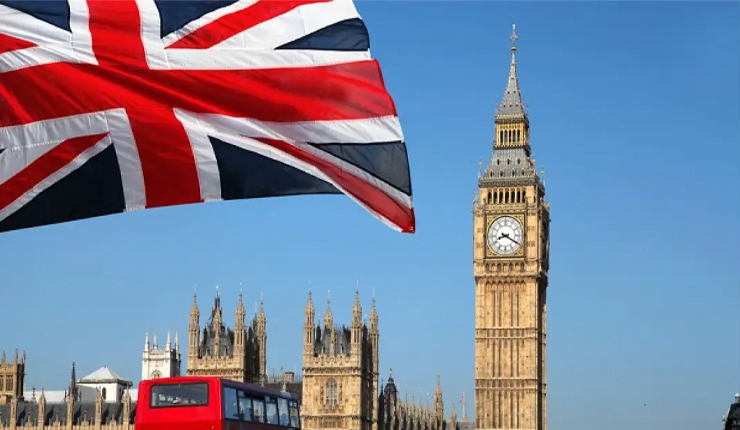The UK government borrowed £3.1 billion in July 2024, an increase of £1.8 billion compared to the same month last year, marking the highest July borrowing since 2021.
Self-assessed income tax receipts reached £12.9 billion, £1.1 billion more than in July 2023, though analysts suggest combining July and August figures for a more accurate year-on-year comparison due to potential payment delays.
For the financial year up to July 2024, borrowing totalled £51.4 billion, slightly down by £0.5 billion from the same period last year, yet it remains the fourth-highest year-to-July figure since monthly records began in 1993.
Public sector net debt, excluding public sector banks, was estimated at 99.4 per cent of GDP by the end of July 2024, 3.8 percentage points higher than a year earlier, reflecting debt levels last seen in the early 1960s. Excluding the Bank of England, the debt ratio was 91.9 per cent of GDP, up 4.9 percentage points from July 2023.
Public sector net worth, excluding public sector banks, recorded a deficit of £739.9 billion by the end of July 2024, an increase of £123.3 billion compared to the previous year.
Additionally, the central government net cash requirement surged to £29.6 billion in July 2024, £19.6 billion higher than in July 2023, driven in part by the redemption of an index-linked gilt, which added approximately £14.5 billion to the cash requirement.
Attribution: The Office for National Statistics (ONS)
Subediting: M. S. Salama


